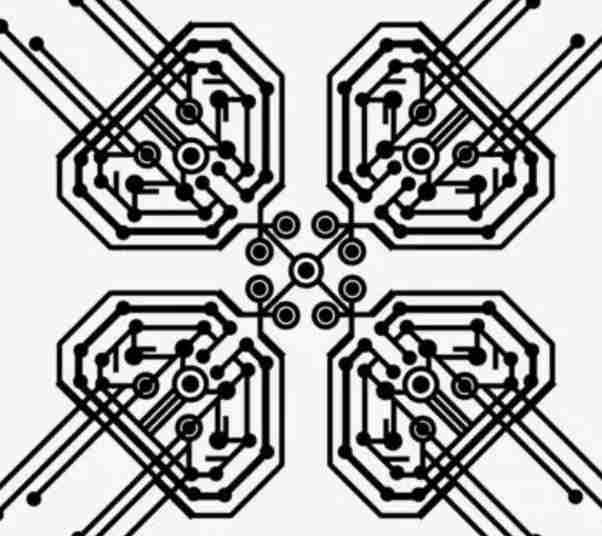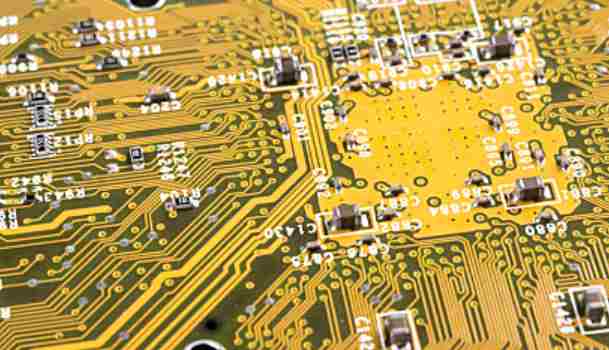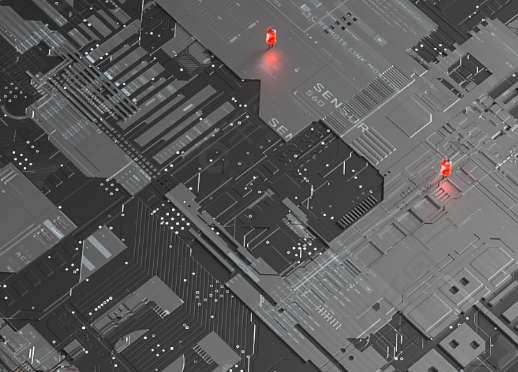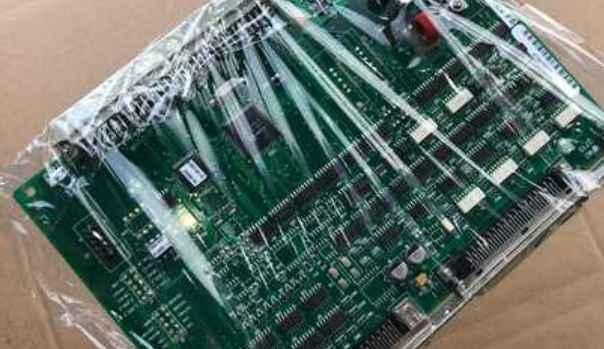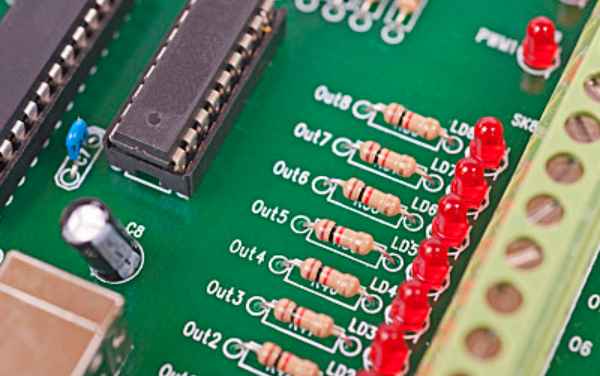
PCB board design is a required course for electronic engineers, and to design a perfect PCB board is not as easy as it looks. A perfect PCB board not only needs to do the component selection and setting is reasonable, but also needs to have good signal conduction performance. This paper will introduce and share the knowledge of wiring skills in PCB high-speed signal circuit design in detail, hoping to be helpful to your work.
Reasonable use of multilayer board for PCB routing
In the actual design process of PCB board, most engineers will choose to use multilayer board to complete high-speed signal wiring work, this kind of multilayer board is not only an essential component, but also an effective means to help engineers reduce circuit interference. In the use of multilayer board to complete PCB high-speed signal circuit design, engineers need to choose a reasonable number of layers to reduce the size of the printed board, make full use of the intermediate layer to set shielding, realize the nearby grounding, can effectively reduce the parasitic inductance, shorten the length of signal transmission, reduce the cross interference between signals and so on. All these methods are very beneficial to the reliability of high speed circuits.
In addition to the above mentioned methods of using multilayer boards to improve the reliability of PCB signal transmission, some authoritative data shows that the noise of four-layer boards is 20dB lower than that of dual panels when the same material is used. The less the lead bend, the better, the best use of full line, the need for turning, can be used 45 degrees fold line or arc turning, can reduce the high-speed signal external emission and mutual coupling, reduce signal radiation and reflection.
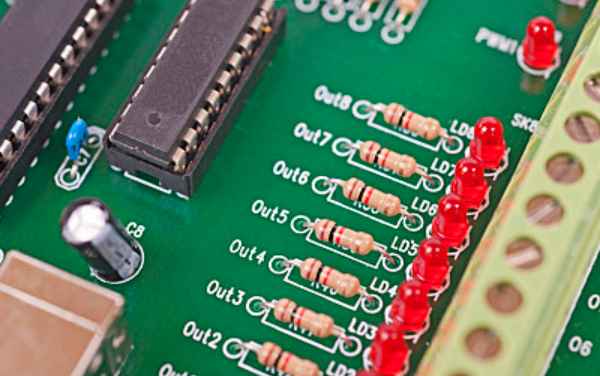
The shorter the leads between the pins of a high-speed circuit device, the better
In the process of PCB high-speed signal circuit design and wiring, engineers need to shorten the lead between the pins of high-speed circuit devices as much as possible. The longer the lead, the larger the distributed inductance and capacitance, which will cause reflection and oscillation in the high-speed circuit system.
In addition to shortening the lead between pins of high-speed circuit components as much as possible, in the process of PCB wiring, the lead layer alternations between pins of various high-speed circuit components should be minimized, that is, the fewer holes used in the process of component connection, the better. Typically, a pass hole brings about 0.5pF of distributed capacitance, which results in a significant increase in circuit delay. At the same time, high-speed circuit wiring should pay attention to the "crossover interference" introduced by the short distance parallel routing of signal lines. If parallel distribution cannot be avoided, a large area of "ground" can be arranged on the opposite side of parallel signal lines to reduce interference. At two adjacent layers, the direction of the cables must be perpendicular to each other.
Especially important signal lines or local units to implement ground encircling
In the process of PCB board wiring design, engineers can be some very important signal lines using ground encircled method, can be in such as clock signals, high-speed analog signals and other signals are not easy to be interfered at the same time in the periphery of the protective ground wire, the signal line will be protected in the middle. Because in the design process, all kinds of signals can not form a loop, the same ground wire can not form a current loop. However, if a loop circuit is generated, it will cause a lot of interference in the system. The grounding wire surrounding signal wire wiring method can effectively avoid the formation of loop during wiring. One or more high-frequency decoupling capacitors should be located near each integrated circuit block. High frequency choke link should be used when connecting analog ground wire and digital ground wire to public ground wire.
In addition to the several design methods mentioned above, engineers should also try to avoid the branching or stumping of high-speed signal wiring when designing PCB signal wiring. High frequency signal wires walking on the surface tend to generate large electromagnetic radiation, wiring high frequency signal wires between the power supply and ground wire, through the absorption of electromagnetic waves by the power supply and the bottom layer, the radiation generated will be greatly reduced.


